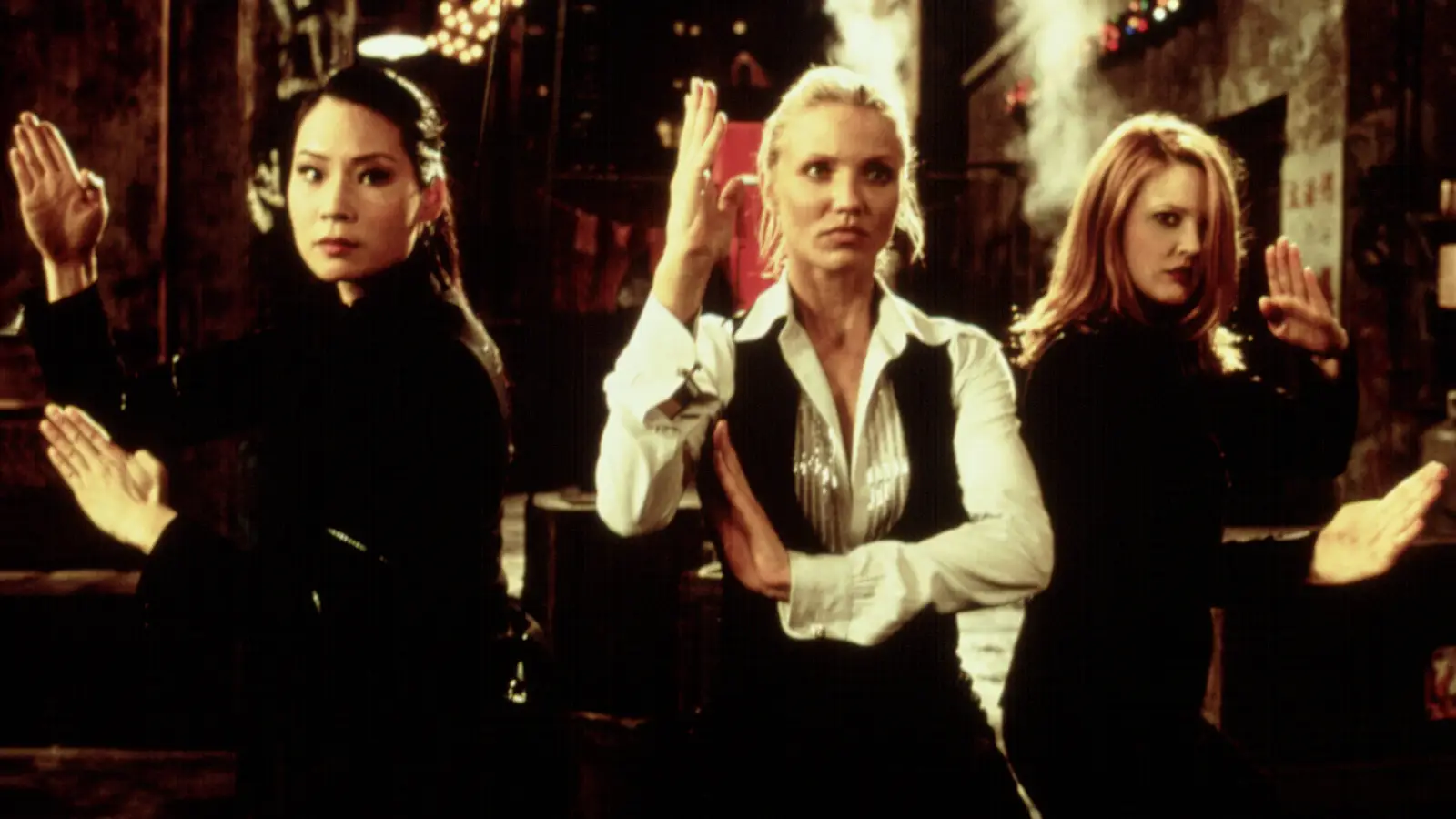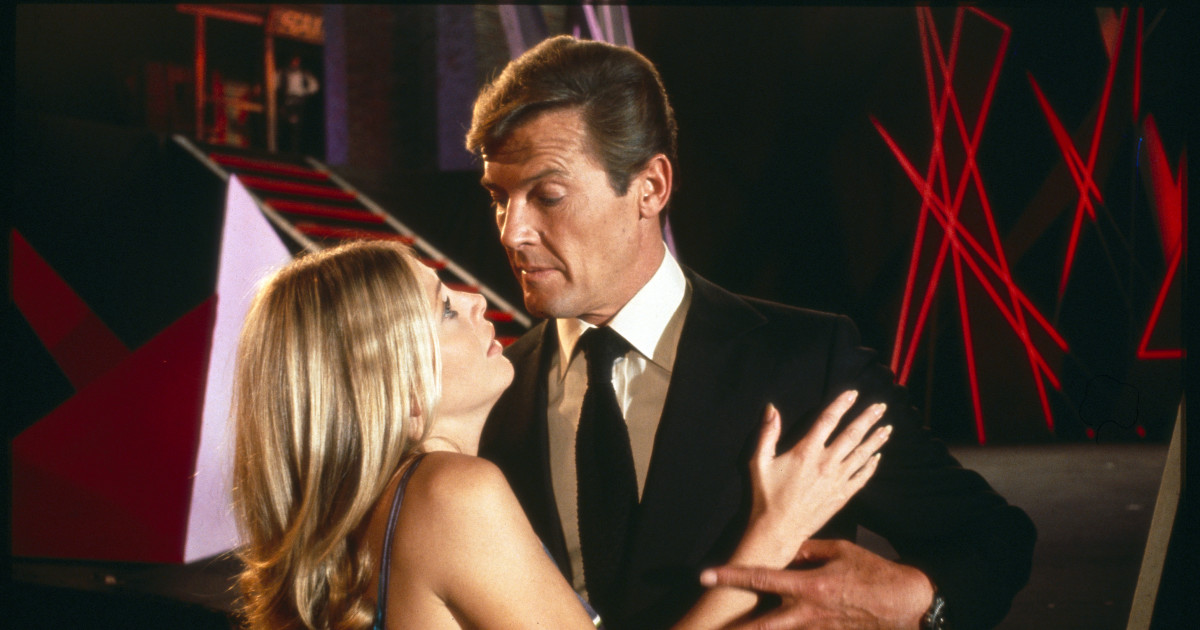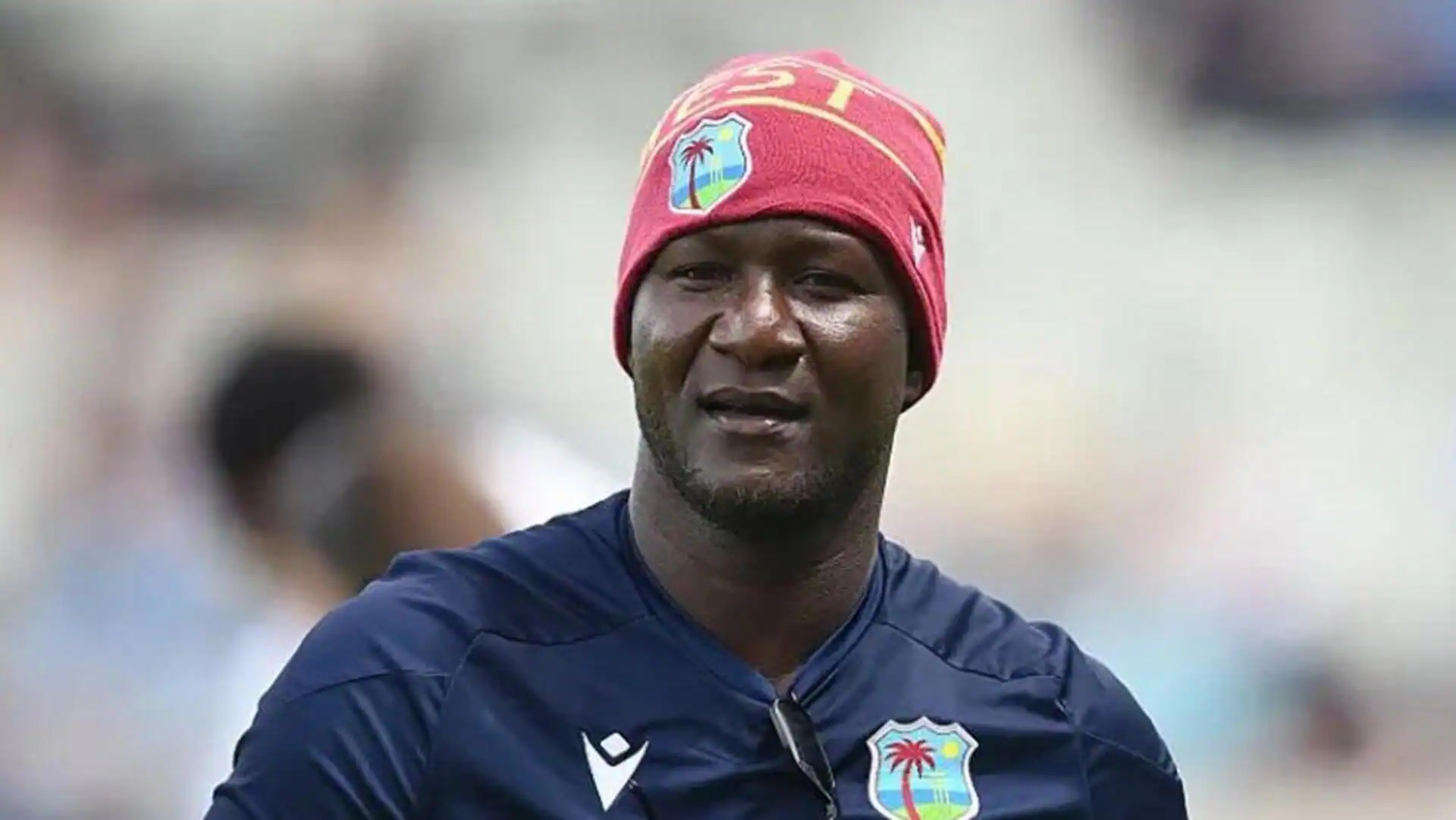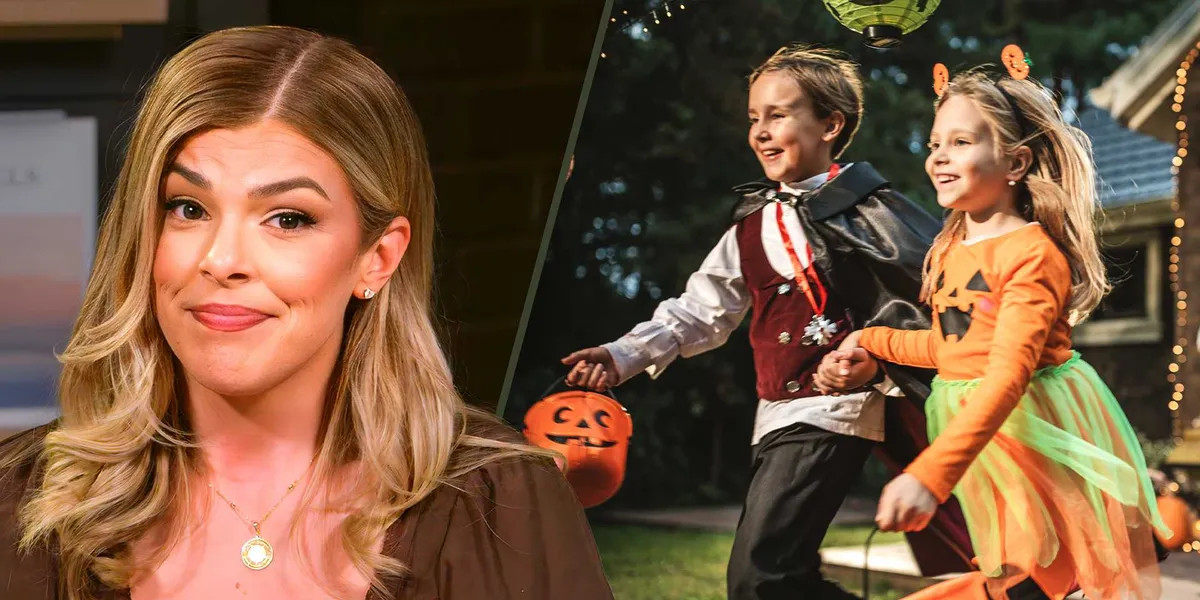Copyright Polygon

When one decade transitions into another, it often takes several years to solidify what exactly that new decade is going to look and feel like in popular culture. The 1990s as we know it, for example, didn’t really kick off until Nirvana’s Nevermind made it big in Jan. 1992, knocking Michael Jackson off the top of the charts. A lot of movies and music from 1990 and 1991 feel more ‘80s than ‘90s. By the same token, it took some time before later-’90s touchstones like alternative rock, The X-Files, and movie star Drew Barrymore faded away into the new millennium. It can be tricky to pinpoint cultural artifacts that are so hyper-specifically tied to these transitional periods. Sometimes, though, a special film comes along to crystallize that moment. Of all the movies from the year 2000 celebrating their 25th anniversary this year, there may not be a single one that’s more precisely Year 2000 than Charlie’s Angels. Thanks to the 1991 success of The Addams Family, movie studios spent a lot of the decade attempting to adapt TV shows from the ’60s and ’70s into big-screen blockbusters. Many of these were inexplicably uncinematic sitcoms and flopped accordingly, but one big success was the Tom Cruise redo of Mission: Impossible in 1996. That movie’s grosses, plus a surge of ’70s nostalgia, likely helped a new Charlie’s Angels get its green light, although the movie itself has many hallmarks of a subsequent production scramble. There are multiple credited big-name screenwriters, a number of far-flung set pieces that seem disconnected from one another, and a running time that just barely passes 90 minutes before the credits roll, as if fulfilling multiplex expectations about the minimum length of a big, spectacle-driven action movie. (More directly reported later on was the on-set conflict between Lucy Liu and Bill Murray.) Despite whatever production turmoil, the movie’s greatest strength is that it doesn’t take that spectacle especially seriously. That's clear from its opening sequence, which includes the rare tracking shot that could be described as "smirky" as it ostenatiously snakes around the interior of an airplane (pointlessly catching a couple about to join the mile-high club), as well as a joke about an-flight movie being another hacky TV-to-movie transplant. The movie keeps winking from there, with an opening credits sequence imitating a TV introduction by quickly explaining the general origins of private detectives Natalie (Cameron Diaz), Dylan (Drew Barrymore), and Alex (Lucy Liu) while cutting away to excerpts from various past adventures we won’t see in the movie itself. Not that the movie itself is much more coherent. The story involves the Angels and their go-between Bosley (Murray), working for the ever-unseen Charlie (John Forsythe provides his voice, as on TV) to rescue kidnapped software genius Eric Knox (Sam Rockwell) — this turns out to be a ruse to help Knox gain access to a satellite system, which he plans to use to kill Charlie. That the big stakes-raising moment involves a plan to murder a featureless character the audience doesn’t care about at all is a sign of the movie’s self-reflexivity. It will not take place in a world with genuine consequence. (“This could mean the end of privacy,” one character intones with hilariously obligatory Y2K seriousness.) Instead, it will take place in a world where Mission: Impossible, The Matrix, and the Spice Girls are ripped off with equal shamelessness. Impossibly convincing masks, wire-fu, bullet time, and frequent/sexy costume changes are all wrapped in a visual style so aggressively color-saturated that it sometimes feels like its stars are being pummeled with radiation. The aesthetic will be familiar for anyone who watched MTV in the late ‘90s. McG, the professional name of director Joseph McGinty, was on the later end of the music video auteurs who moved into cinema, arriving on the scene via his close association with the band Sugar Ray, whose early work he helped produce and write. He went on to direct videos for them, as well as Korn, The Offspring, Smash Mouth, and Barenaked Ladies. Basically, if you’ve seen a late-’90s music video where the band tools around suburbia prominently featuring patches of electric-green grass and often an ostentatious convertible car, you’ve seen a McG video. (Granted, these visual touchstones are not as present in his Korn videos.)This sensibility is reproduced nearly in full for Charlie’s Angels, albeit with much less fish-eyed-lens mugging. McG even simulates the experience of excitedly flipping through music videos by filling the soundtrack with a barrage of non-stop pop hits. No single-line extraction from an overplayed hit (“Heaven Must Be Missing an Angel,” things of this nature) is too obvious. No instantly dated plays at current hipness (the baiting techno track “Smack My Bitch Up” plays every time Crispin Glover’s deranged henchman character appears) is too dumb. Naturally, the movie ends with the Angels doing their own little music video, lip-syncing to Blink-182’s “All the Small Things” over credits and outtake footage. It’s a lot. Yet for this particular material, at this particular time, McG was the right man to make Charlie’s Angels. He’s just shallow enough to sincerely appreciate everything about the movie, from his actors to the aggressive color palette to the normie needle-drops. A 2019 reboot tried to more clearly reclaim this as a woman’s job, and while the Elizabeth Banks-directed version is fun enough, it comes across more like a genuinely chintzy television show, rather than a delirious hyperpop distortion of afternoon-TV memories. Similarly, McG’s own sequel, appropriately subtitled Full Throttle, somehow felt insufficient just two and a half years later, in 2003. It’s hard to go over the top of over the top. Situated in the context of the year 2000, however, Charlie’s Angels feels almost prescient, specifically about the coming convergence of poptimism and tabloid celebrity. Teen pop was already back like Backstreet by this point, but this movie captures the culture’s increasing nudge toward exploitation disguised as empowerment. It doesn’t feel coincidental that it debuted the same year as the Maxim Hot 100. (Lucy Liu placed 17th; the trio collectively made the top five in 2003, which of course had nothing to do with promoting the new sequel.) McG often handles this kind of winking pin-up kitsch with a leaden touch. During a dance sequence where Diaz makes an unlikely, butt-shaking appearance on Soul Train, he has her date, Luke Wilson, helpfully call out the names of the dances she’s doing, in case the audience doesn’t clock it. (Very Michael Bay.) The Angels themselves, though, are so boundlessly charming that they pull it off. That’s not Diaz’s only dance scene; she anchors several of them with the perfect mix of athleticism and believable goofiness. (She’s mirrored by Sam Rockwell, who introduced mainstream cinema to his signature footwork here.) Elsewhere, a corporate heist sequence has Liu serving as a dominatrix-style efficiency expert. After a lengthy diatribe, her abrupt pivot from demanding helpful ideas to a girlish, head-tilting, hair-twirling “can anyone show me?” is a hilarious bit of cartoon-level manipulation from Liu, almost as sly as Bugs Bunny throwing on a dress. This is the rare movie from a music-video director that recreates the fun, not just the flash, of an eye-catching video.



